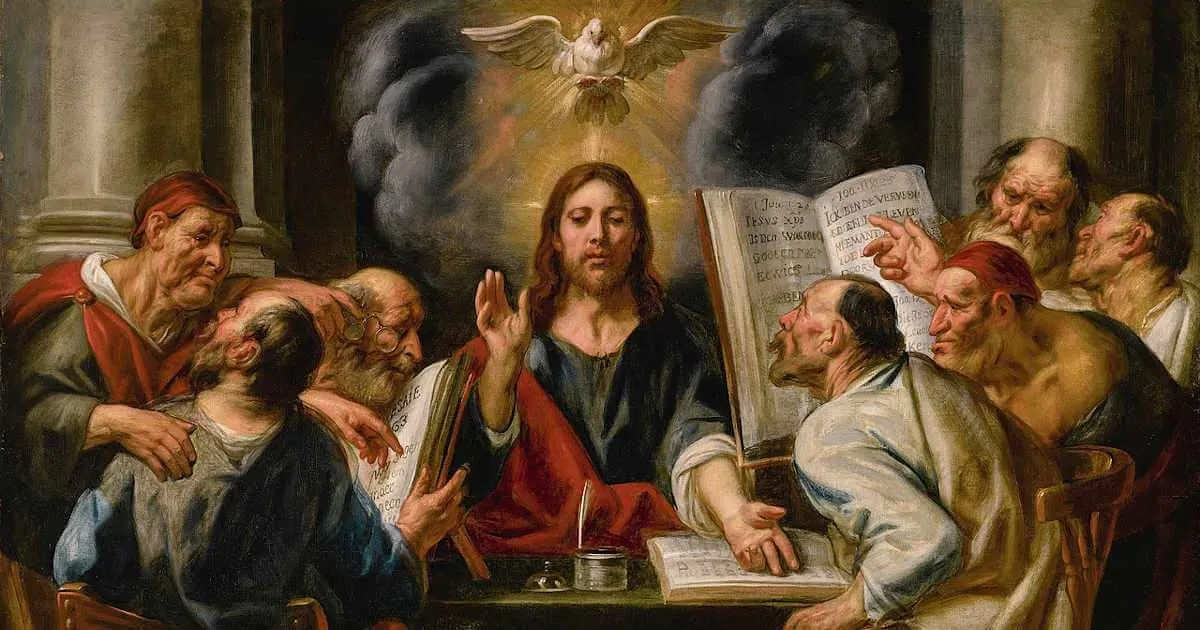
Loving One’s Neighbour
Traditionally, Shema Yisrael or The Shema (Ex. 6:4-9) is the prayer every Jew prayed twice a day. It is a prayer which is seen as their Profession of Faith. Many devout Jews recite this prayer as the last recitation at the time of their death. This prayer has something unique – it reminds everyone of the unconditional and merciful love of God and exhorts individuals to live their entire life according to this God’s unfathomable love. It calls upon everyone to make this profession everyday, keeping in mind all the precepts of God and how it affects our life spiritually, physically, and financially. That means we need to respond to God’s everlasting love with all that we have, including our wealth and possession.
The Shema – “Hear, O Israel: The Lord our God, the Lord is one. You shall love the Lord your God with all your heart and with all your soul and with all your might. And these words that I command you today shall be on your heart. You shall teach them diligently to your children and shall talk of them when you sit in your house, and when you walk by the way, and when you lie down, and when you rise.”
In today’s Gospel passage, a lawyer asked Jesus, “which commandment in the law is the greatest?” (Mt. 22:36). The question seemed to be a straightforward one. Many rabbis tried to discover that one commandment which encompasses all teachings of the scriptures. Rabi Hillel taught, “Don’t do to your neighbour what you don’t like done to you! This is the whole law; all the rest is a commentary”. But Jesus goes back to the fundamental teaching of the Hebrew scripture and takes it from the Shema, “You shall love the Lord your God with all your heart, and with all your soul, and with all your mind” (Mt. 22: 37). Then, he explains what is implied in the command from another scripture from Leviticus 19:18, “Love your neighbour as yourself”.
What makes one a neighbour? For a Jew, at a post-exilic time, a neighbour is a fellow Jew. But for Jesus, as we have seen in Lukan Gospel, a neighbor is the one who is in need. A dying person on the road to Jericho, the widow who lost her only son, the begging Bartimaeus on the roadside… all are neighbours.
In the First Reading, Moses specifically gives directives to the people of Israel to take care of the aliens living in their Land. In those days, those people who happened to lose their homeland due to war or other reasons, faced many challenges to live normal lives. Most of the time they were not welcomed by others, were abused and/or persecuted. Hence, Moses tells them to treat these aliens as fellow human beings. He reminds them that they themselves were, one-time aliens in Egypt.
Both the Old and the New Testaments constantly remind us that we need to be considerate to widows, orphans, and strangers. In a way, it is telling us that we must pay attention to those people who are vulnerable and need our love to live in human dignity. It is constantly calling us to identify our neighbour who may be living near our doorpost.
–Fr. Ranjan D’Sa OCD

